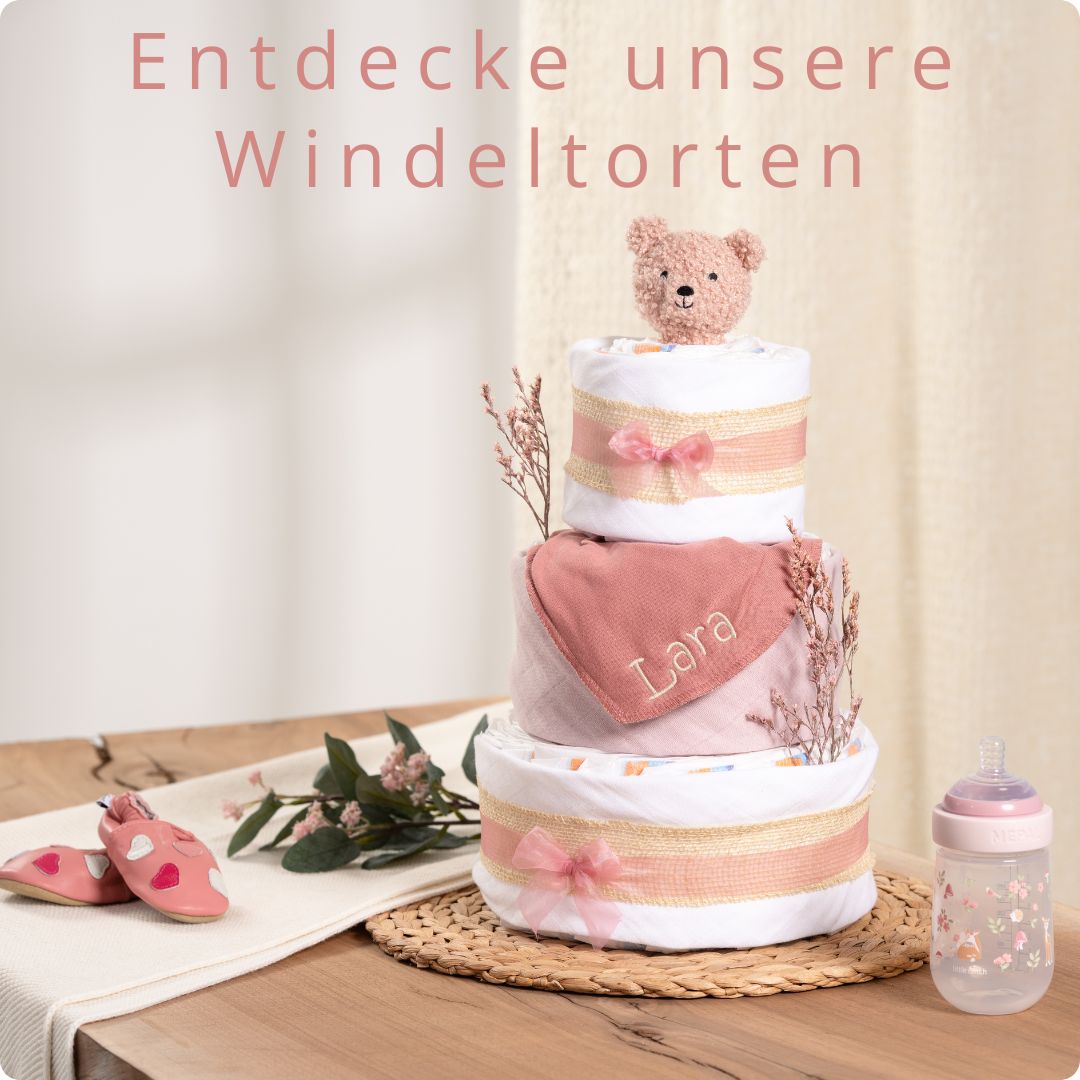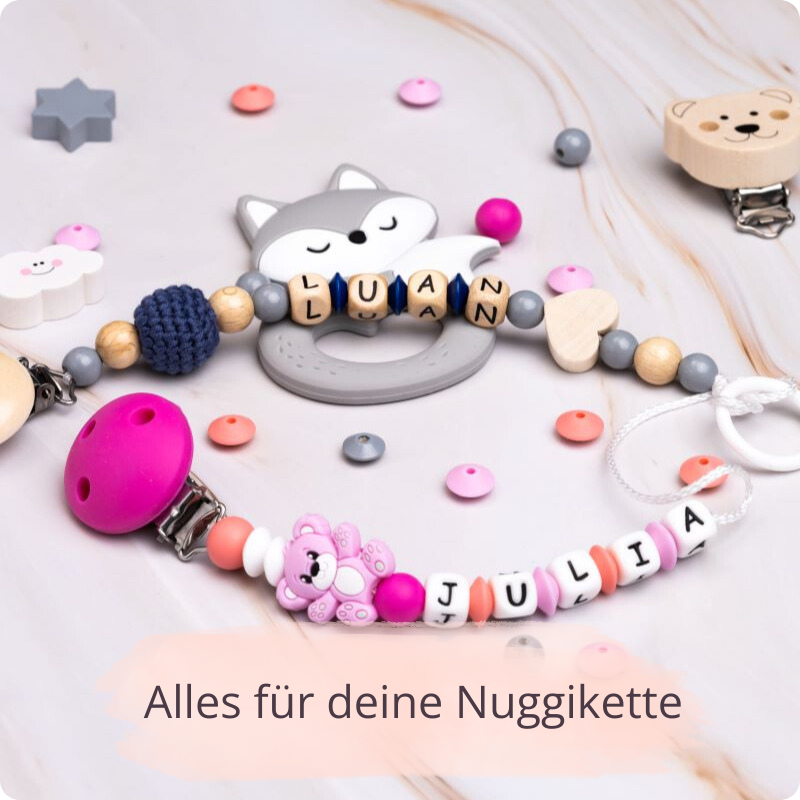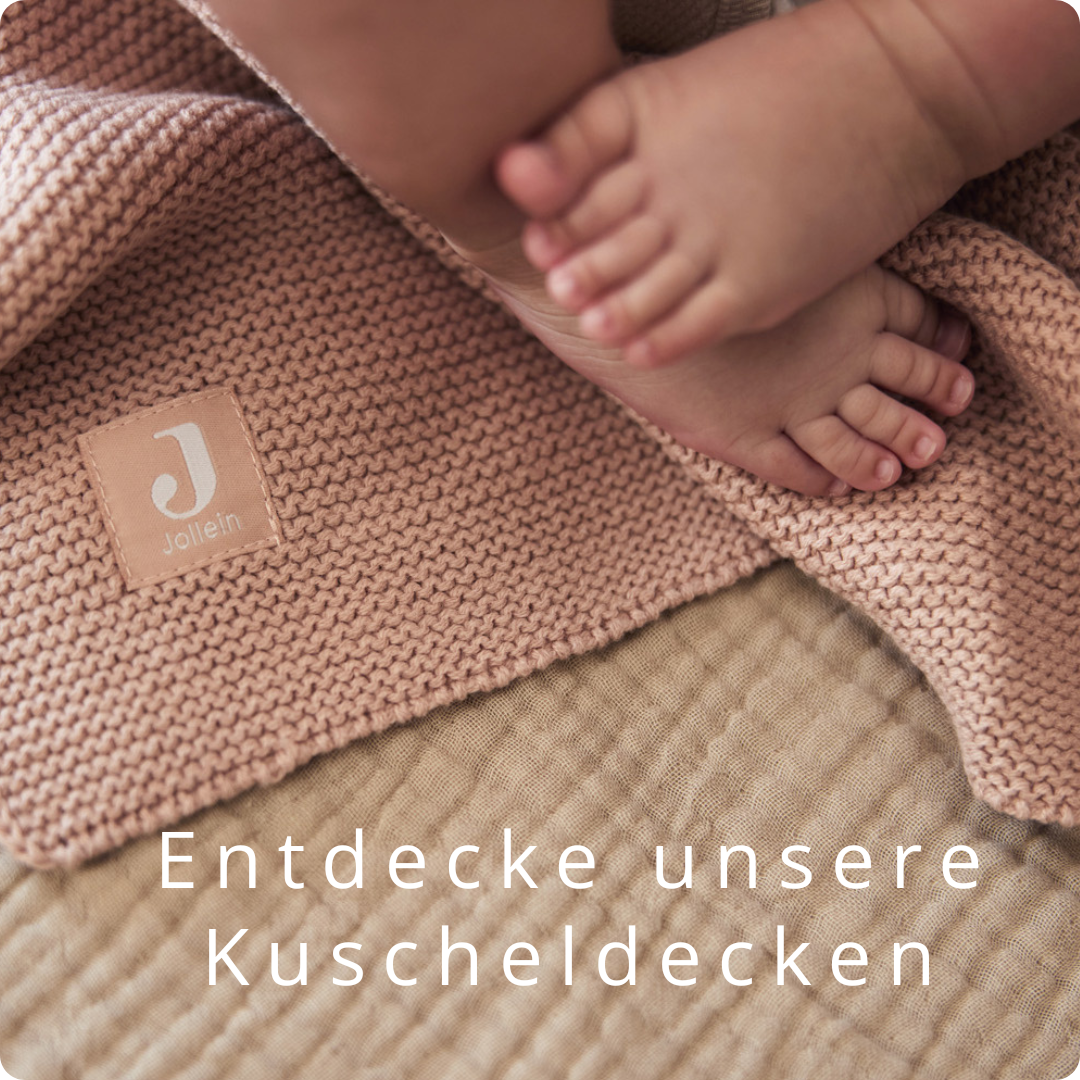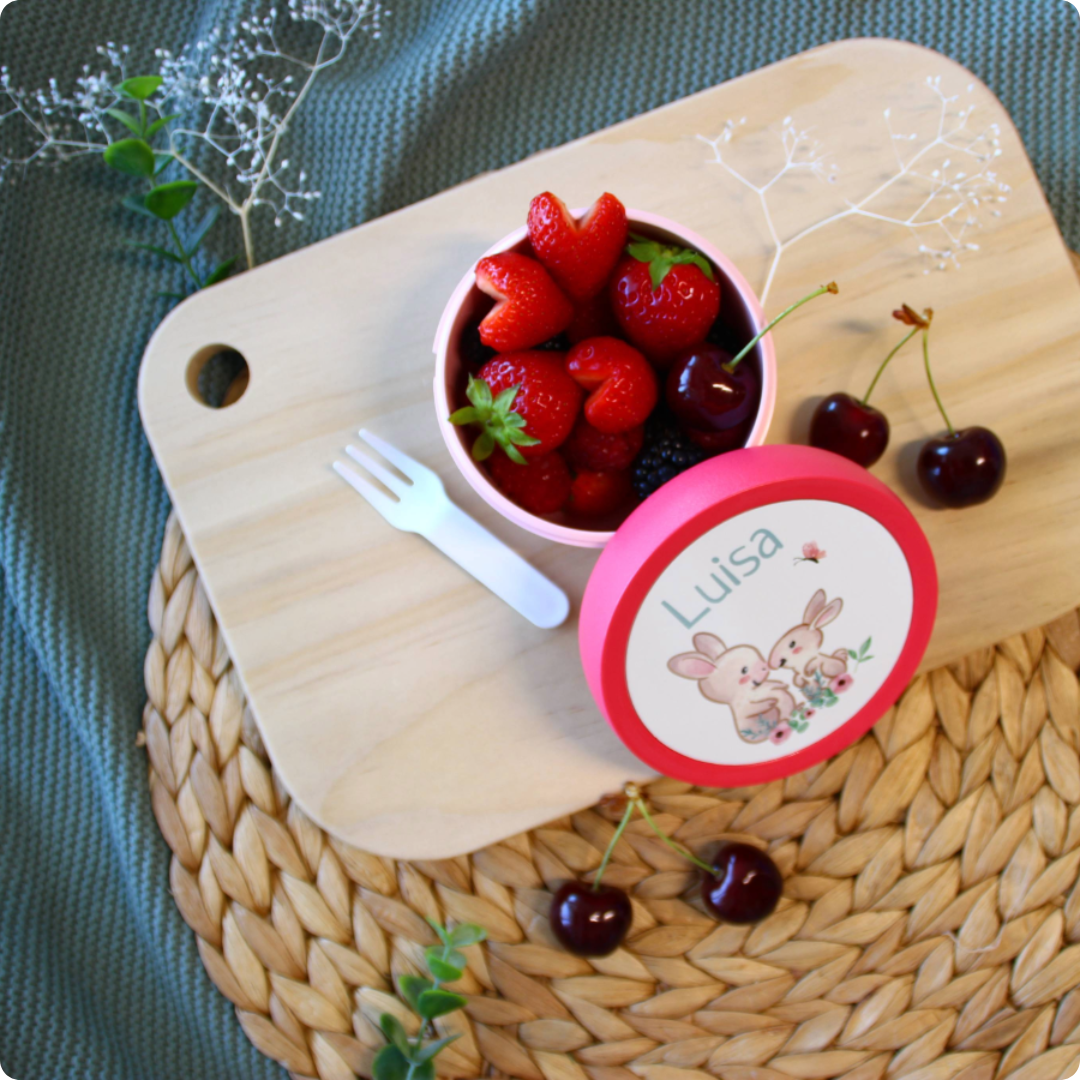«How do I best deal with it? »
"But I want!" A small combat dwarf in front of the counter at the baker roars loudly that he does not agree with the "no" of the mother. A situation that many parents perceive uncomfortable. Welcome to the defiance phase - the time when the lovely younger becomes a real defiant head. We give tips on how to deal with it.
A development step with many changes
When exactly the time feared by parents starts depends on the individual development of the child. Some start at the age of two and in others the defiance phase at the age of 3.. This time can go to the age of 6, sometimes it goes back from 4. However, one thing is certain: it will come. Every family experiences a different intensity. However, this phase demands nerves and patience.

The defiance phase can last from the 3rd to the age of 6
However, an important development step is also hidden behind it. Your darling develops his own ideas, ideas and of course his own personality. He begins to question things. However, there is a lack of sufficient life experience that everything does not always work as easily as it seems.
What to do if the offspring gets a tantrum in public?
Awkward. This is the first thought to shoot most parents through their heads when the sprout rages and rages and screams around on the street. Be sure that a lot more people feel understanding for you than you might think. Those who have children themselves know that too well. Unfortunately, there is no real patent recipe here. Most parents develop their own strategies. Sometimes it is helpful to completely prevent the scenery by not setting yourself in the supermarket at the cash register with the sweets. It is important that you don't get loud yourself. At the same time, you should not meet your child's demand, just to put it calmly.
Stay cool in particularly hot phases
It is certainly not always easy to remain confident and dominated. A loud word can be spoken in dangerous situations or the door falls noisily into the castle. However, as parents, they don't have to be ashamed. Of course, this can withstand a stable relationship between child and parents. It is best to take a short break in leaving the room. A short -term, spatial separation usually smoothes the waves faster.

As fast as the tantrum comes in the defiance phase in a child, he usually evaporates again. Help your sweetheart to feel a little better again. Take it in your arms and show that you still love him. Cute Cubbies cuddly toys With their googly eyes, the first rescuers can be in need.

Stay consistent!
One of the most difficult tasks of education is the consequence. But this stabilizes and clearly shows the limits. A child does not mean that you give him all the freedom or forbid him everything. It is already a balancing hike. The offspring must learn that he does not always get everyone just because he just wants it.
So you have to behave in a tantrum
Don't be involved in discussions.
Certainly, it is important to take her favorite's opinion seriously in the defiance phase and to give him the feeling that you understand him. However, you do not need to get involved in debates.

Show your understanding, but do not let yourself go to any discussions
Do not constantly insist on a no
Parents see in many situations that something might happen. The emphasis lies on. Children don't think so far, but want to try them out.
Give your boy or girl the opportunity to reach his limits every now and then. Gaining your own experiences is incredibly important for the development.
It is not easy to say yes, if you as a parents have a steadily thoughts in your head, that goes wrong. But people learn with their experiences. Both from good and less good. In other words, before you deny everything, question yourself beforehand: Can your treasure be damaged or seriously injured? No? Then just let him try it.

Give a little bit, but not too often!
Always give in is fatal
Of course, not all wishes on other pages. In this way you send completely wrong signals and the child learns that it always gets his will and that goes far beyond the actual defiance phase in a toddler. A wonderful example can be found on the sweetness cash in the supermarket, where small chocolate bars ensure bright eyes every time.
Never apply physical or mental violence
That is quite out of the question. As exhausting as the defiance phase may be in a child. You can't educate it with physical violence. Mental injuries should not be underestimated either. Therefore, think of every word well. As a rule, a short -term spatial separation helps. Either send your child to his room or leave the room for a certain time. If your offspring has calmed down again, you can talk about what.

Violence is never a solution!
If a dispute is forgotten, then you can, for example Craft material Bring out and put a handicraft hour together to spend a good time together again.











